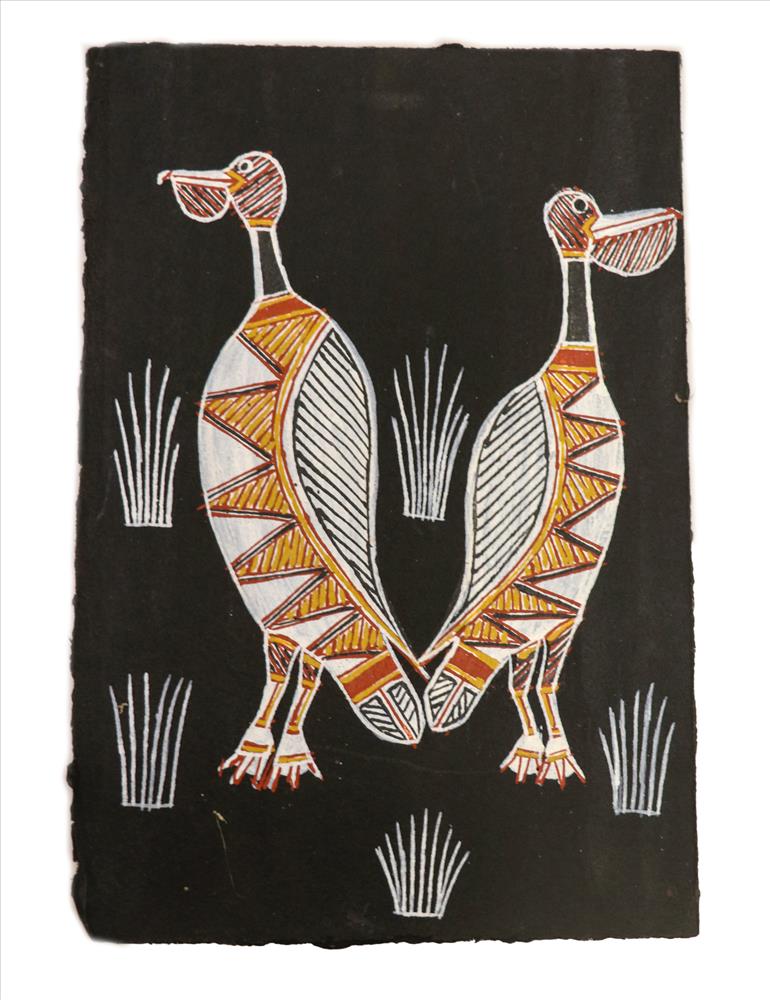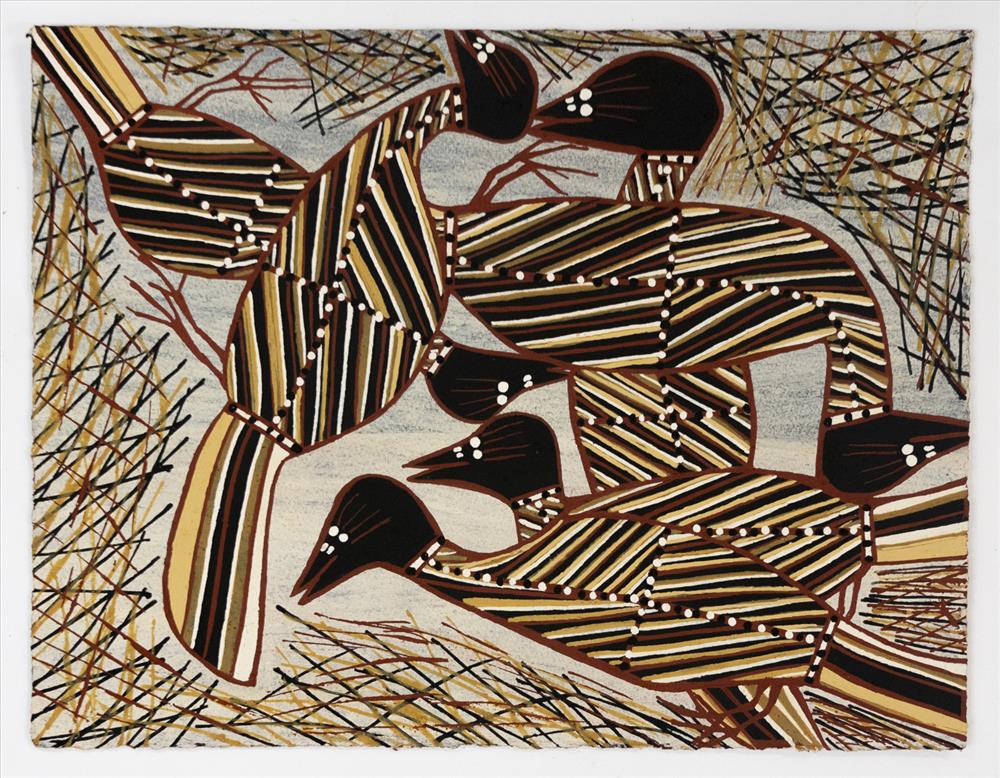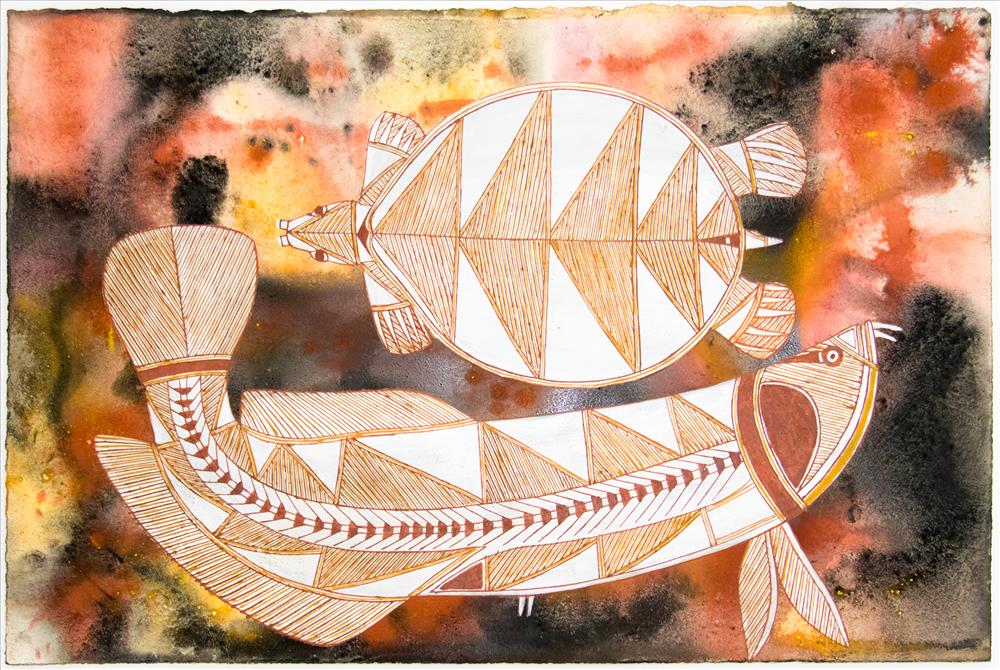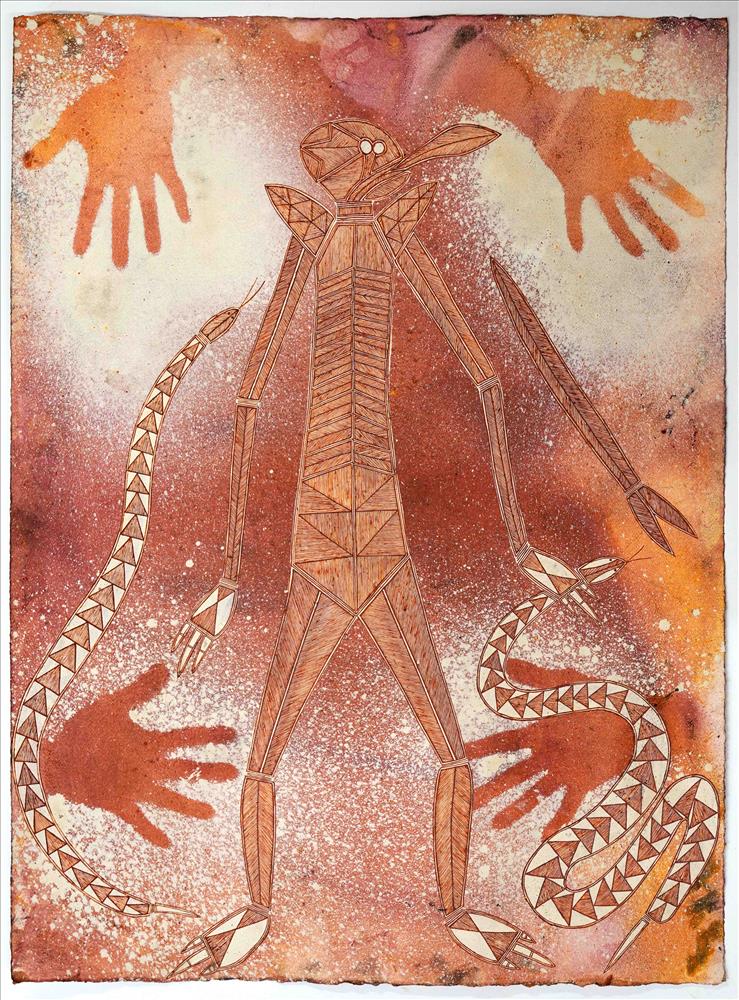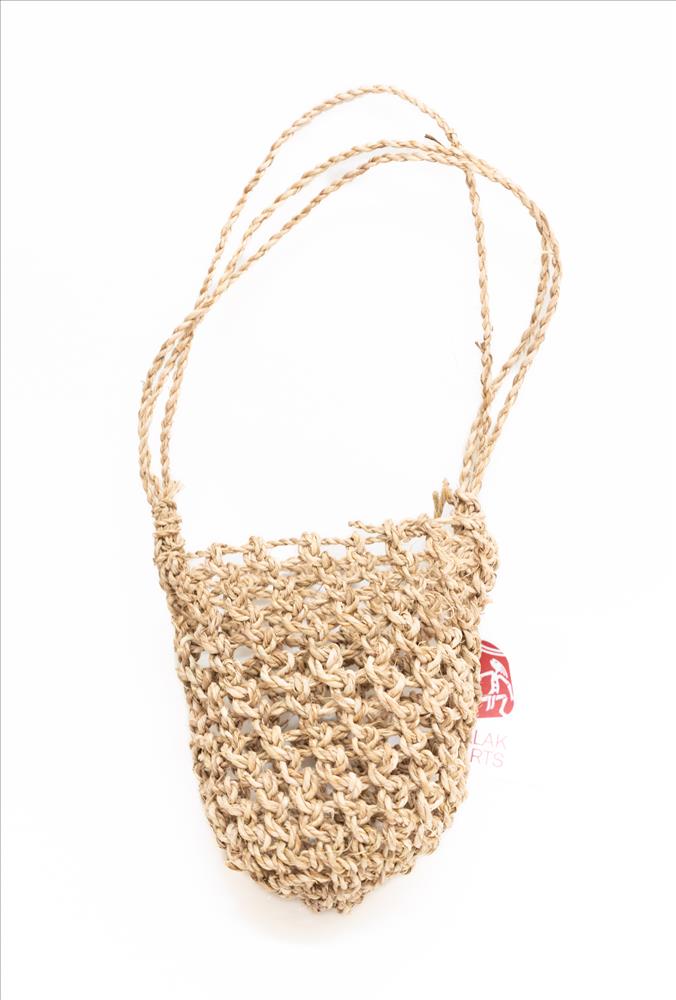Injalak Arts Shipping policy
Shipping Policy
The following are the terms and conditions that constitute our Shipping Policy:
Domestic Shipping Policy – Free standard domestic shipping only. Shipment processing time – All orders are processed within 2-3 business days, where upon you will receive a tracking number for your purchase. Orders can only be shipped once a week due to our remote location. Orders are not processed on weekends or holidays. If we are experiencing a high volume of orders, shipments may be delayed by a few days. Please allow additional days in transit for delivery. If there is a significant delay in shipment of your order, we will contact you via email or telephone. Delivery delays can occasionally occur.
International Shipping Policy – Please contact us for a quote on express or international shipping.
When shipping paintings overseas, the purchaser is liable for any duties or taxes payable specific to the country of import. Injalak Arts is not responsible, nor able to provide estimates for these charges. We recommend you contact your customs office for further information.
Injalak Arts Refund policy
Money Back Guarantee
It is very important to us that you are happy with your purchase, if not; we will fully refund you for the value of the artwork, minus postage costs, once it has been returned to us. You must notify the Art Centre within 10 days of receiving the purchased item if you are dissatisfied and explain why. You need only pay the cost of returning the item to the Art Centre. The work must be returned in its original condition with all of its accompanying documentation and packaged correctly for the guarantee to apply.
Injalak Arts Return policy
Money Back Guarantee
It is very important to us that you are happy with your purchase, if not; we will fully refund you for the value of the artwork, minus postage costs, once it has been returned to us. You must notify the Art Centre within 10 days of receiving the purchased item if you are dissatisfied and explain why. You need only pay the cost of returning the item to the Art Centre. The work must be returned in its original condition with all of its accompanying documentation and packaged correctly for the guarantee to apply.

